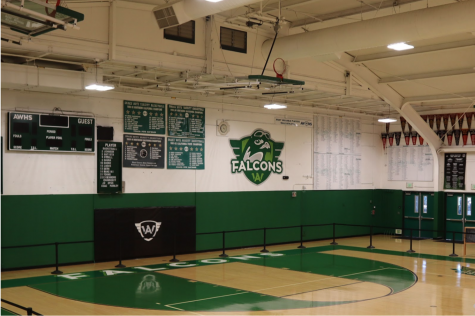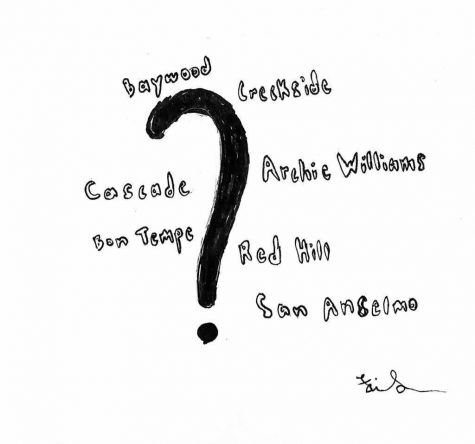‘TikTok’ takes social media throne
Has a new heir risen to take the place of popular video app “Vine” after its discontinuation by Twitter three years ago?
TikTok is a video-sharing app, launched in 2017 by Chinese developer “ByteDance.” Content on TikTok includes mostly lip-syncing, comedy, challenges, and trends. The app is gaining massive popularity, with downloads increasing by 70 percent from the beginning of 2018 to 2019. It was the most downloaded app on the Apple App Store in the first quarter of 2019, with 33 million downloads.
This jump in popularity is evident at Drake; many students participate in the global trend and contribute to the app’s enormous supply of content. Senior Skylar LaRoche attributes the app’s rise to its uniquely simple interface.
“Instagram got an algorithm and Youtube got an algorithm and people got mad, but TikTok was created with that in mind, so you get exactly what you want,” LaRoche said. According to the app, TikTok’s “For You” page is a “personalized video feed specifically for you based on what you watch, like, and share.”
LaRoche, who has over 16,000 followers on the app, says he makes original videos but also follows trends. “I do things that are weird and slightly funny […] but I do the trends mostly.” LaRoche said.
Despite rising popularity, some Drake students disapprove of TikTok. Critics claim lip-syncing videos that originally stemmed from Musical.ly, the app that preceded TikTok, just repeat the same songs and are unoriginal. This sentiment also applies to general trends and “challenges.”
“The whole platform is based upon the premise of getting lucky through the main page algorithm, people attempt to reuse ideas for a chance at getting big,” sophomore Alistair Clark said. Clark says he has the app but hasn’t used it in a while.
In another controversy surrounding the app, the United States Committee on Foreign Investment recently launched an investigation into TikTok based on ByteDance’s acquisition of Musical.ly and their storage of user information. Investigators are reviewing the deal for national security issues, including potential censorship of content counter to the motivations of the Chinese government. Leaked moderation guidelines in September showed that moderators were being instructed to censor content that references Tiananmen Square and Tibetan independence. ByteDance has denied any coordination with the Chinese government.
Additionally, in a speech at Georgetown University, Mark Zuckerburg accused TikTok of censoring videos of protests in Hong Kong, but this claim has proved to be false. If anything, Zuckerburg’s accusation confirms the app’s significant status on the global scale. In fact, in 2016 BuzzFeed reported that Zuckerburg invited Musical.ly’s owner to Facebook’s Headquarters with the prospect of a potential acquisition.
Accusations aside, the results of the Foreign Investment Committee’s investigation could determine whether TikTok will continue to grow among America’s youth, or if it will exist in the United States at all.







Alexandra Fry • Feb 6, 2020 at 1:22 PM
This article takes an interesting view; social media apps have an amazing turn over rate, each new generation has a whole crop of new platforms. Free Hong Kong!
Alexandra Fry • Feb 6, 2020 at 1:21 PM
What an interesting take on the turnover of social media apps in popularity. To bad it’s run by the Chinese government. Free Hong Kong!